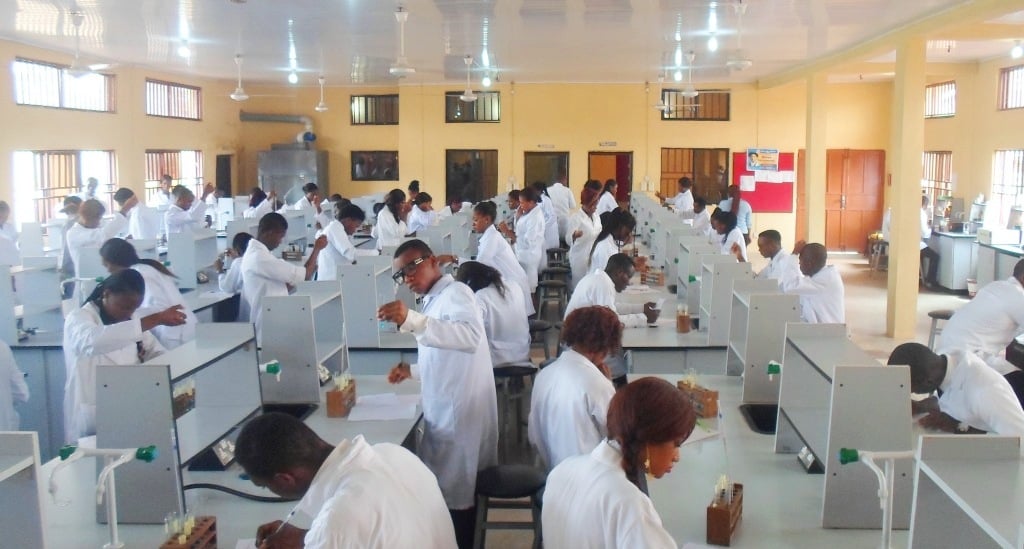Greetings from a world where…
DC summer is making itself known to my armpits
…As always, the searchable archive of all past issues is . Please please to support ChinAI under a Guardian/Wikipedia-style tipping model (everyone gets the same content but those who can pay support access for all AND compensation for awesome ChinAI contributors).
In tabulating the votes for Around the Horn, it was a close call, but I ended up choosing the TMTPost article (link to ) on the restrictive measures taken by Chinese generative AI platforms during the Gaokao (national college entrance exam period). *I appreciate that folks were interested in the essay on historical patterns in the rise and fall of great powers, but there wasn’t much of a clear AI connection. I think this is a very interesting case that illuminates how Chinese platforms approach technical governance and content security. In terms of the significance, the article notes, “Mainstream Chinese large model developers have actively or passively taken restrictive measures on Gaokao-related prompts, ”
A recent issue of Jack Clark’s great newsletter included this nugget: “Chinese researchers stitch a data center together out of four different undisclosed chips.” Very relevant to our recent series on new-style AI infrastructure.
On July 2, 9AM-10AM, CSIS is hosting a webinar on Patrick McGee’s recent book Apple in China: The Capture of the World’s Greatest Company. I’ll be providing feedback alongside Meg Rithmire (James E. Robison Professor, Harvard Business School) and James McGregor (Chairman, Greater China, APCO).
Very relevant to this week’s issue, last month, China’s Ministry of Education published these guidelines for the use of generative AI. From my quick scan, one thing that stood out was the focus on educational equity. H/t to JC for sharing.
For Recorded Future, senior threat intelligence analyst Zoe Haver’s report assesses the PLA's interest in using generative AI for intelligence purposes, analyzes efforts by the PLA and China's defense industry to develop and apply generative AI-based intelligence tools, and profiles relevant defense industry entities. The section on “Generative AI military intelligence providers” was especially useful.
These are Jeff Ding's (sometimes) weekly translations of Chinese-language musings on AI and related topics. Jeff is an Assistant Professor of Political Science at George Washington University.
Check out the archive of all past issues & please to support ChinAI under a Guardian/Wikipedia-style tipping model (everyone gets the same content but those who can pay for a subscription will support access for all).
Also! Listen to narrations of the ChinAI Newsletter in podcast format .














